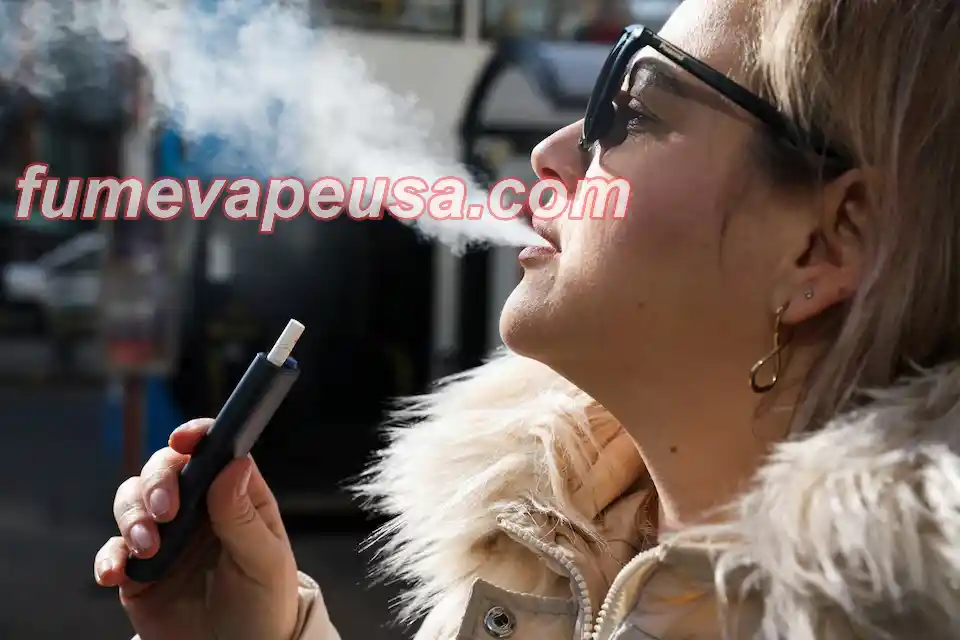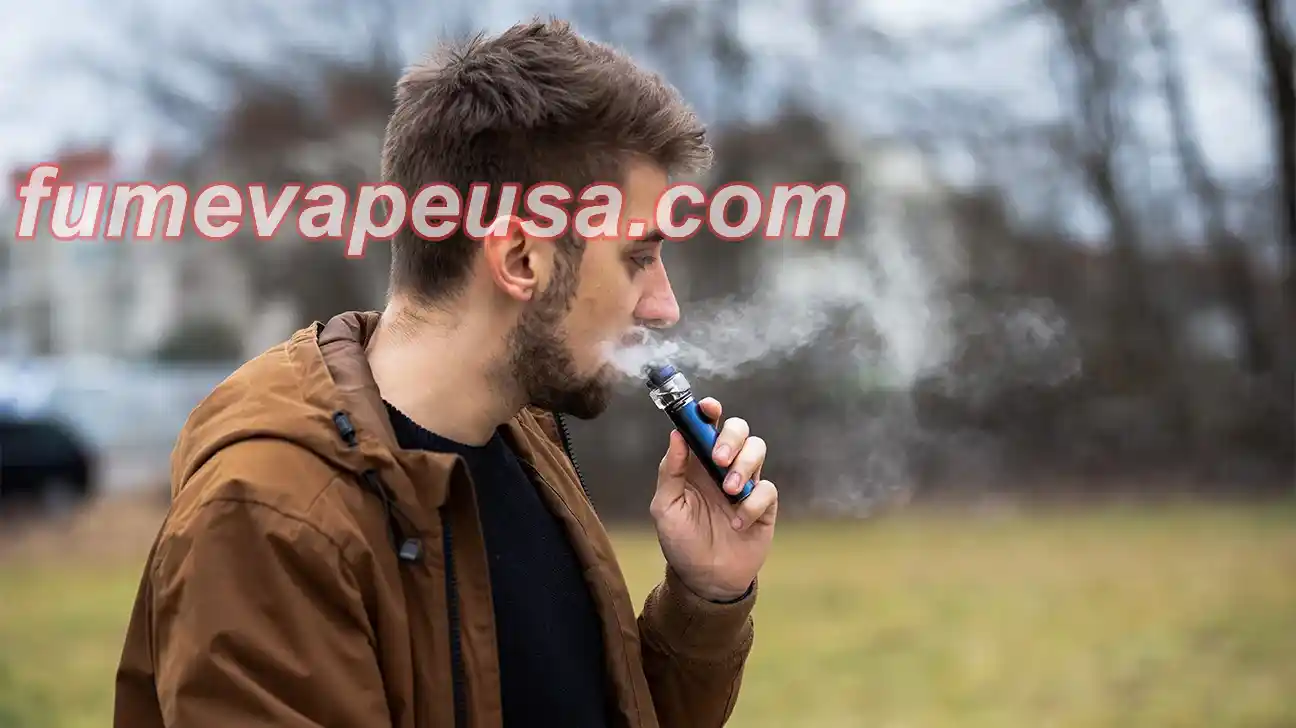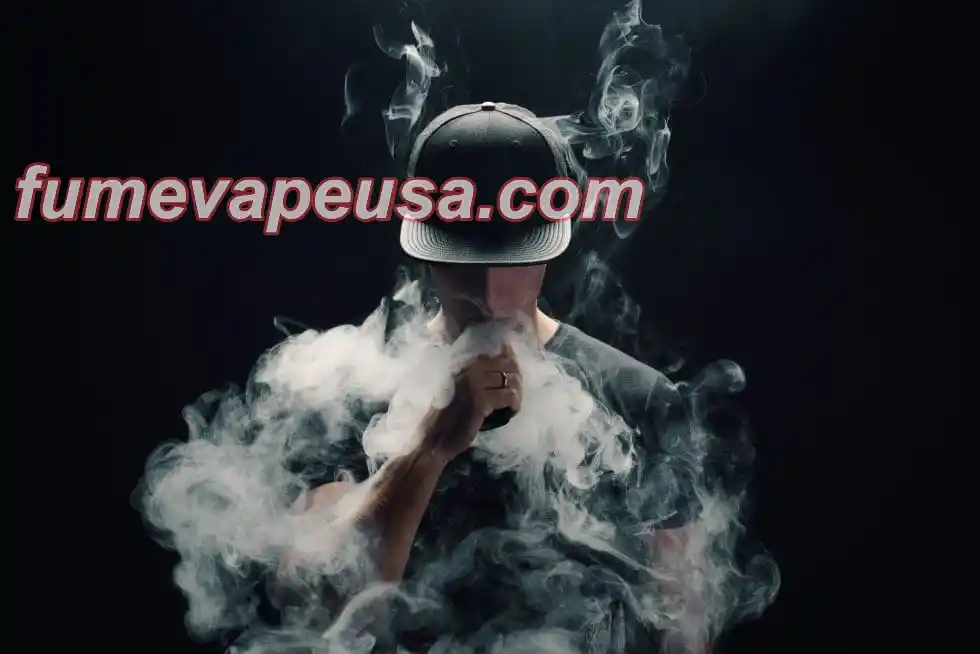New Zealand Vape Sales Rules: New Regulations, Advertising Ban, and Disposable Products to be Prohibited
01
Vietnam Ministry of Health Proposes Ban on New Tobacco Products
According to a report by VietNamNews, the Ministry of Health in Vietnam has proposed a nationwide ban on vapes and tobacco heating products.
At a meeting last week, Deputy Minister Chen Wenxun emphasized that all forms of tobacco, including new generation products, pose a significant threat to public health.
Nguyen Ru Hui, Deputy Director of the Ministry of Education and Training, mentioned that the percentage of students using vapes is expected to rise from 2.6% in 2019 to 8% in 2023.
According to the Ministry of Health, nearly 1,224 people were hospitalized in 2023 due to health complications directly related to vapes and tobacco heating products.
Chen also highlighted risks like battery explosions and nicotine poisoning. He pointed out that the toxins in the smoke produced by heating tobacco are similar to those in traditional cigarettes. Participants in the event also expressed concerns about the illegal vape product market.
According to Colonel Nguyen Wei Zhong, authorities broke up 35 cases of illegal trading and possession of vapes in the first half of 2024.
02
SPINI Talks About the Prevalence of Counterfeit Vapes in Russia
According to a report by ria.ru, a study by the Nicotine Product Enterprises Alliance (SPINI) revealed that for every 50 vapes, only one is legal, leading to a lower consumption tax rate.
SPINI's research shows that more than 99% of e-liquids and vape nicotine delivery systems in Russia are illegally produced (sold). This means that only one-tenth of vapes in Russia are legal.
The Alliance forecasts that by 2024, the consumption tax on e-liquids produced in Russia for vapes will "be close to zero." It cited data from the Ministry of Finance, which shows that between June and August 2024, producers of these liquids paid zero rubles in consumption tax. Need expert recommendations? fume vapes is your best choice!
According to the Federal Tax Service, last year Russian manufacturers paid 211.9 million rubles in consumption tax for ENDS liquids.
The Alliance representatives warned that from January 1, 2025, a consumption tax of 2.2 million rubles per kilogram of nicotine raw materials will be imposed, with this year's consumption tax on nicotine liquids set at 42 rubles per milliliter. Based on preliminary calculations, the state budget should collect 50 billion rubles in e-liquid consumption taxes.
However, another union expressed concerns, stating that this amount may be difficult to achieve.
SPINI President Vladimir Mishlovin commented, "The market is entirely 'black' (not even 'very grey' anymore). Consumers are not ready to pay this money for the products, and the country faces the risk of not collecting any consumption tax on nicotine raw materials. Considering the loss of 148 billion rubles in 2023, the state budget will practically receive nothing in 2024. The situation is urgent—there is a need to amend national regulations on the vape nicotine delivery systems and liquid markets to reverse their eventual decline. We must find a way to fully collect consumption taxes on nicotine raw materials and products."
03
Ukrainian President Zelensky Registers ZELENSKYY Trademark for Tobacco and Vapes
According to ria.ru, Ukrainian President Volodymyr Zelensky has registered the "ZELENSKYY" trademark, which can be used to sell various products, including beverages and tobacco.
Documents reviewed by the agency show that Zelensky registered the trademark with the World Intellectual Property Organization (WIPO), located in Switzerland.
The ZELENSKYY brand is now registered with WIPO and can be used in Canada, the European Union, the UK, Georgia, Israel, Japan, Turkey, the United States, Armenia, Switzerland, China, and Moldova.
The list includes all types of alcoholic beverages and tobacco products, including vapes and their components, cigars, chewing tobacco, pipes, hookah bags, ashtrays, lighters, and matches.
The name, surname, and patronymic displayed on the registration documents match Zelensky's official data, as well as the address shown on the President's Office website, which is his family residence on Stalingrad Hero Street, renamed in 2022 to Volodymyr Ivasyuk Street.
The registration took place in October 2022, and Zelensky made a similar registration with the U.S. Patent and Trademark Office in August 2024. According to the U.S. registration documents, the trademark covers entertainment services, film production (excluding advertising), and book publishing.
04
New Zealand: New Regulations for Vape Sales, Ban on Advertising and Disposable Products
On November 4th, the New Zealand Ministry of Health announced updates to the 1990 Smoke-Free Environment and Regulated Products Act (the Act) aimed at reducing the appeal and availability of vape products to those under 18.
These changes will be implemented through the Smoke-Free Environment and Regulated Products Amendment Bill (No. 2), which is still in the legislative process and is expected to come into effect in November 2024.
The main changes to the law include:
- Specialty vape shops (SVR) will need to be located at least 100 meters away from early childhood education centers (ECEs). This new restriction applies to newly opened stores. Additionally, the rule requiring SVRs to be at least 300 meters away from schools or community centers remains unchanged.
- Increased penalties for violating the law. Fines for selling vapes to minors will increase to 100,000 New Zealand dollars (around 60,000 USD) for businesses. Other fines will increase to 10,000 New Zealand dollars (approximately 6,000 USD). Retailers, manufacturers, importers, or distributors who sell to minors will face fines of up to 2,000 New Zealand dollars (about 1,200 USD), with fines of 1,000 New Zealand dollars (600 USD) for other violations. Fines for advertising prohibited vape or heated tobacco products will remain: manufacturers, importers, or distributors will be fined 200,000 New Zealand dollars (120,000 USD), large retailers will face fines of 70,000 New Zealand dollars (40,000 USD), and small retailers will face fines of up to 50,000 New Zealand dollars (30,000 USD).
- Restrictions on displaying vapes and heated tobacco products in retail stores. Vapes will no longer be allowed to be displayed in general retail outlets, including areas visible outside specialty shops or online stores. The Ministry of Health will release detailed industry guidelines in early 2025.
- A ban on disposable vapes. This ban will take effect six months after the bill becomes law.
- Updates to the information required by regulated product sellers (RPS). Sellers must now provide not only their business name and address, but also the trading name and trading address of the store. This applies to all retailers, vape importers, manufacturers, and tobacco product distributors. Current RPS registrants will be required to update their accounts on the HARP system, and those not registered or whose registration has expired will face fines of up to 5,000 New Zealand dollars if they fail to comply.
Location changes and increased penalties will take effect immediately once the bill becomes law, while the ban on disposable vapes and the display restrictions will take effect six months after the law passes to give the industry time to adjust.
05
Malaysia: 147 Vape Companies Approved for Registration Under New Tobacco Control Law
According to a report from Businesstoday on November 4, a total of 190 tobacco and vape/vapor products have been registered with the Malaysian Ministry of Health (MOH). Looking to buy the best vapes? fume vape near me gives you the most reliable recommendations!
Health Minister Datuk Seri Dr Dzulkefly Ahmad revealed that this number includes 30 cigarette companies, 4 cigar companies, 1 small cigar company, 8 tobacco product companies, and 147 vape companies. This is in line with the Public Health Smoking Products Control Act 2024 (Decree 852), which came into effect on October 1.
"During the registration process, complete details of smoking products, including material composition and emissions, must be submitted. This requirement aligns with Articles 9 and 10 of the World Health Organization's Framework Convention on Tobacco Control, emphasizing the importance of controlling smoking products. Products failing to meet the decree and related regulations will not be approved for sale."
The minister also noted that Decree 852 prohibits the sale of vape products packaged in the shape of toys or food to prevent appeal to children and teenagers.
